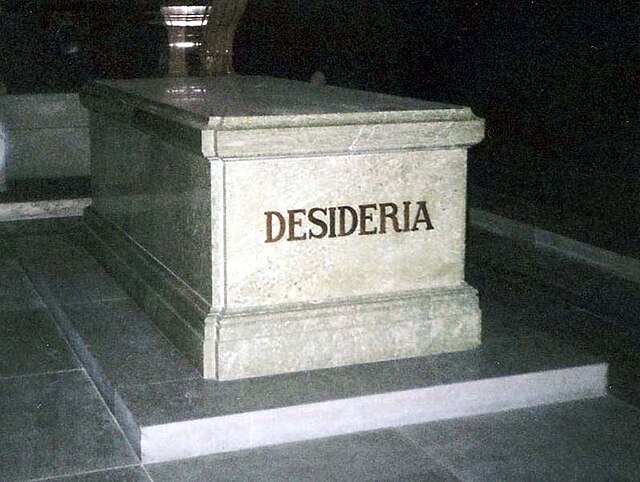Japanese names in modern times consist of a family name (surname) followed by a given name. Japanese names are usually written in kanji, where the pronunciation follows a special set of rules. Because parents when naming children, and foreigners when adopting a Japanese name, are able to choose which pronunciations they want for certain kanji, the same written form of a name may have multiple readings. In exceptional cases, this makes it impossible to determine the intended pronunciation of a name with certainty. Even so, most pronunciations chosen for names are common, making them easier to read. While any jōyō kanji and jinmeiyō kanji may be used as part of a name, names may be rejected if they are believed to fall outside what would be considered an acceptable name by measures of common sense.
Akishino-dera in Nara, from which Prince Akishino took his name
The nameplate of Fumiko Orikasa is presented family name first in Japanese, while it is presented given name first in English.
A given name is the part of a personal name that identifies a person, potentially with a middle name as well, and differentiates that person from the other members of a group who have a common surname. The term given name refers to a name usually bestowed at or close to the time of birth, usually by the parents of the newborn. A Christian name is the first name which is given at baptism, in Christian custom.
The sarcophagus at Riddarholm Church in Sweden of Queen Desideria, an official name given to Désirée Clary not at birth but when she was elected Crown Princess of Sweden in 1810.



